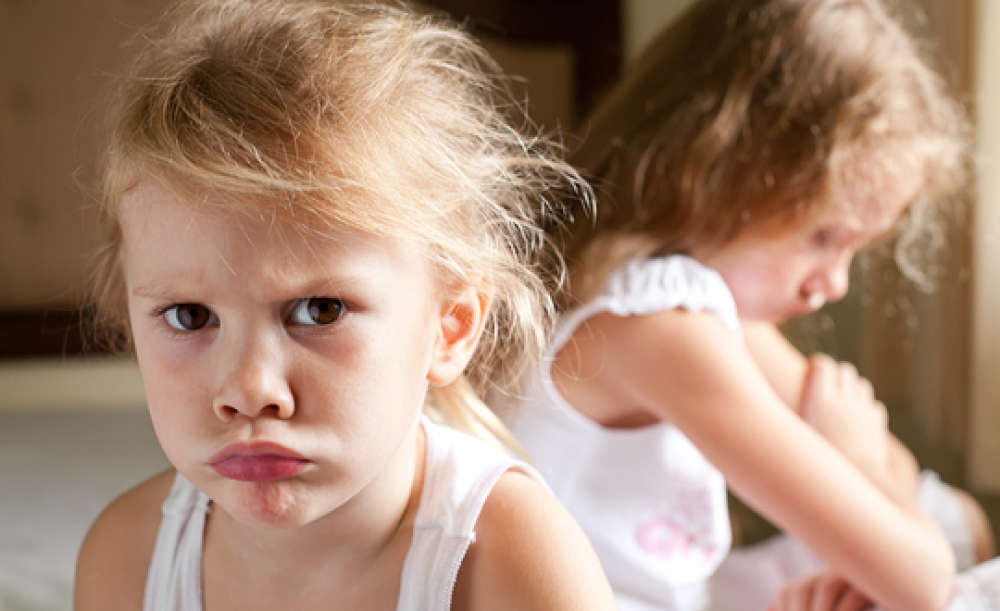Your child. Your beloved anxious child! She is wonderful. He is sensitive. She is kind, but he can also be angry, tearful, and jealous. Although your child’s positive qualities are many, making and maintaining friendships may not be one of them. So, what are you, as the parent of an anxious child, to do in an effort to help your child learn how to connect with other same aged peers, play well with them, and gain the skills to manage situations that don’t go his way? This is a difficult task because you hurt for your child when you see the conflicts, when you hear the words, “She’s being mean to me,” or notice that your invitations for playdates are not being answered or reciprocated.
Keep Your Ears Open
I encourage parents to invite a friend over to play and to keep a listening ear from the next room. That is, take note of how your child interacts with his peer. For example, is your child bossy? Or, is your child quickly backing down to what the other child wants to do, but then voices to you later that the playdate was not fun because she did not get to play the games she wanted?
Listen to how your child manages negotiations, compromises, if at all. Are you hearing, “If you don’t play this game with me, then you’re not my friend”? Take note of which games your child enjoys and if the other child is joining him.
All of this information gives you insight into how your child is interacting with other children when you are not within earshot. You are also gaining valuable information about your child’s preferences, conflict resolution skills, and social personality.
Give them the Words
Another thing I like to do for my own anxious children and the children and adolescents that I work with is to give them lines. These are lines that they can say in response to a peer if they are being picked on, when they are afraid to express a preference, or to give them the words to say ‘no’ when they don’t want to hurt another person’s feelings.
For an anxious child who just wants to please everyone around her, it is difficult to say no, or to express that he wants the blue eraser and not the red one, and to respond to a peer that she doesn’t want to trade her eraser because she likes it. It’s also challenging to respond to another person who may be belittling, picking on or hurting your anxious child’s feelings. Sometimes, our kids freeze and the phrases that they wish they said come to them with great ease after the high anxiety and emotion dissipates.
I often give my children lines, such as: “No thanks, not today;” or “Maybe another time;” or “I like my sticker but maybe we’ll trade next time;” or “I like my shoes and they’re mine, so it’s okay if you don’t like them.”
Keep It Real
That is, although you want your child to develop and maintain friendships, try to avoid scheduling play dates or discussing friendships too often. Keep the conversations light when you hear what your child is reporting back about interactions with peers. Avoid statements like, “You should have more friends,” or “The other kids have more playdates than you do,” as this points out a deficit and you don’t want your already anxious little one to find another source of worry.
Play dates can be limited to one time per week with emphasis on downtime on the other days. That is, allow your child to decompress from his day in an effort to help the body to de-stress and allow for moments of lower stress or even relaxation. Relaxation activities can include reading a book, listening to music using headphones, drawing, coloring, playing with sand (kinetic sand) or having a box filled with rice or beans.
Take a deep breath yourself, as the parent, and have faith that your child is going to establish friendships over time, but slowly, through specific supports and strategies.
Liz Matheis, Ph.D., is licensed clinical psychologist and certified school psychologist who specializes in assisting children and their families with autism, ADHD, anxiety and learning/behavioral disorders in Parsippany, NJ. She focuses on well-aligned parenting styles via parent coaching, consistent home environment, and the establishment of boundaries and behavioral expectations in helping children and families to realize their fullest potential.
Dr. Matheis also provides psycho-educational assessment that can be used for Child Study Team evaluations, diagnosis of ADHD, autism (using the ADOS-2) and learning disabilities, such as dyslexia. At present, she is a contributor to a number of popular press magazines and blogs, where she is able to provide real-world, pragmatic solutions to complex problems.



